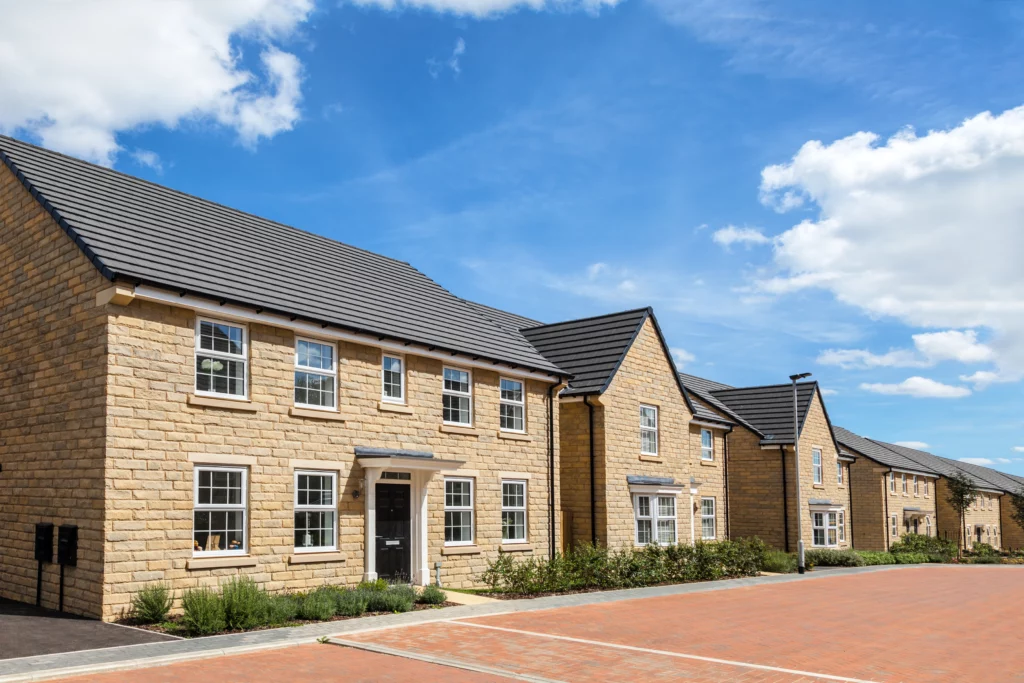It is estimated that every year there are around 21,000 older Britons who sell their homes to fund care home costs. With the average price of care home fees amounting to more than £40,000 a year, it is no wonder people considering their future needs are concerned. Those who have worked hard all their lives, scrimping and saving for a home and hopefully something to leave for generations to come, are faced with a decision as to how best to protect what they’ve earned.
Traditionally, husbands and wives have left their entire estates outright to each other. With increasing numbers of people requiring care, this is not the best way to protect your assets for your children and grandchildren. The way our care system works is that those who can afford to pay for care will need to. All liquid and fixed assets will be taken into account in a means-tested assessment which also includes previously owned assets.
People may try to avoid this issue by transferring their property into their children’s names. This is not a ‘loophole’ in the system and can cause more problems than it solves. If you have given away assets to try and avoid paying for care (known as deliberate deprivation), you will still be required to pay.
In certain circumstances, you can protect your estate and your property from being used to pay all or some of your care fees by careful planning in your Will. It is possible for some Trust structures to be set up in your Will that allow your spouse to benefit from your estate without having all of the assets transferred into their name. This means that, if your partner was to need care, the home would not be taken into account in a means-test.
Before making any decisions that could significantly affect your assets and legal position, you should seek tailored legal advice. We’ve worked with a number of families to advise what options are available to ensure your spouse could still live in the family home, but the value is protected to pass on to children and grandchildren. Every situation is different, so get in touch to see what might work for you.
Contact us for a no obligation Free Initial Assessment to find out more.




